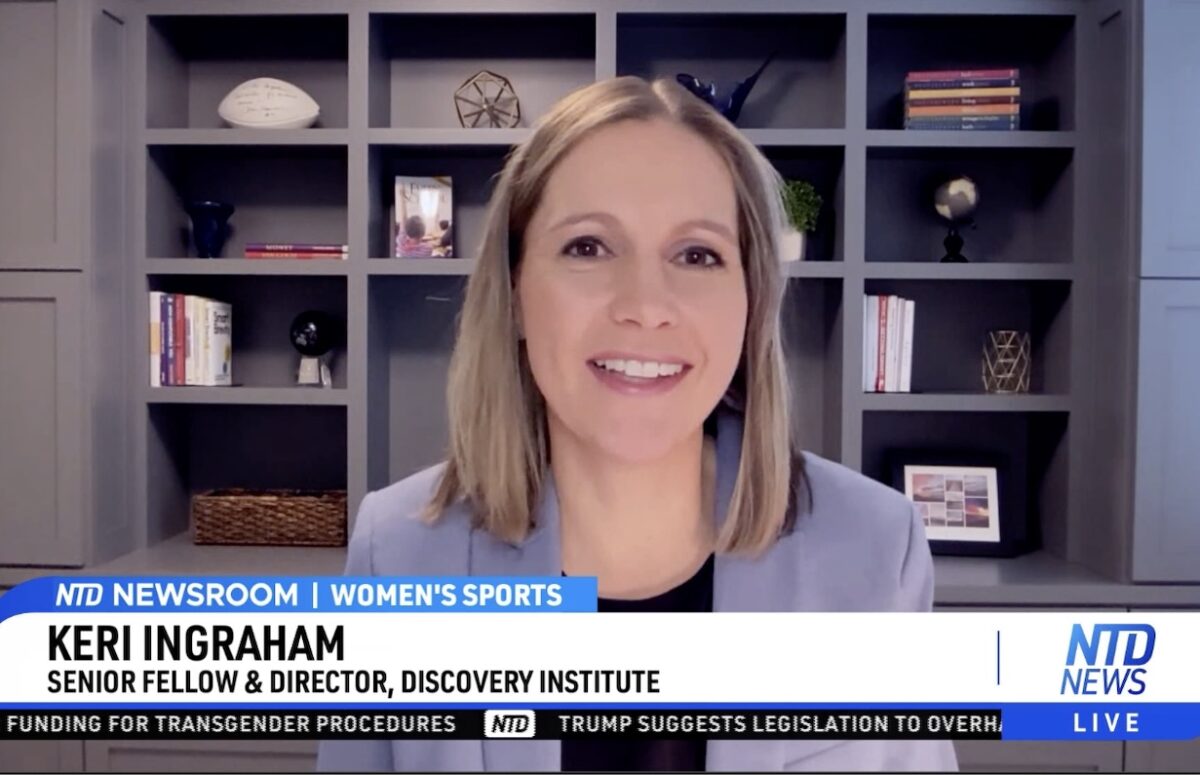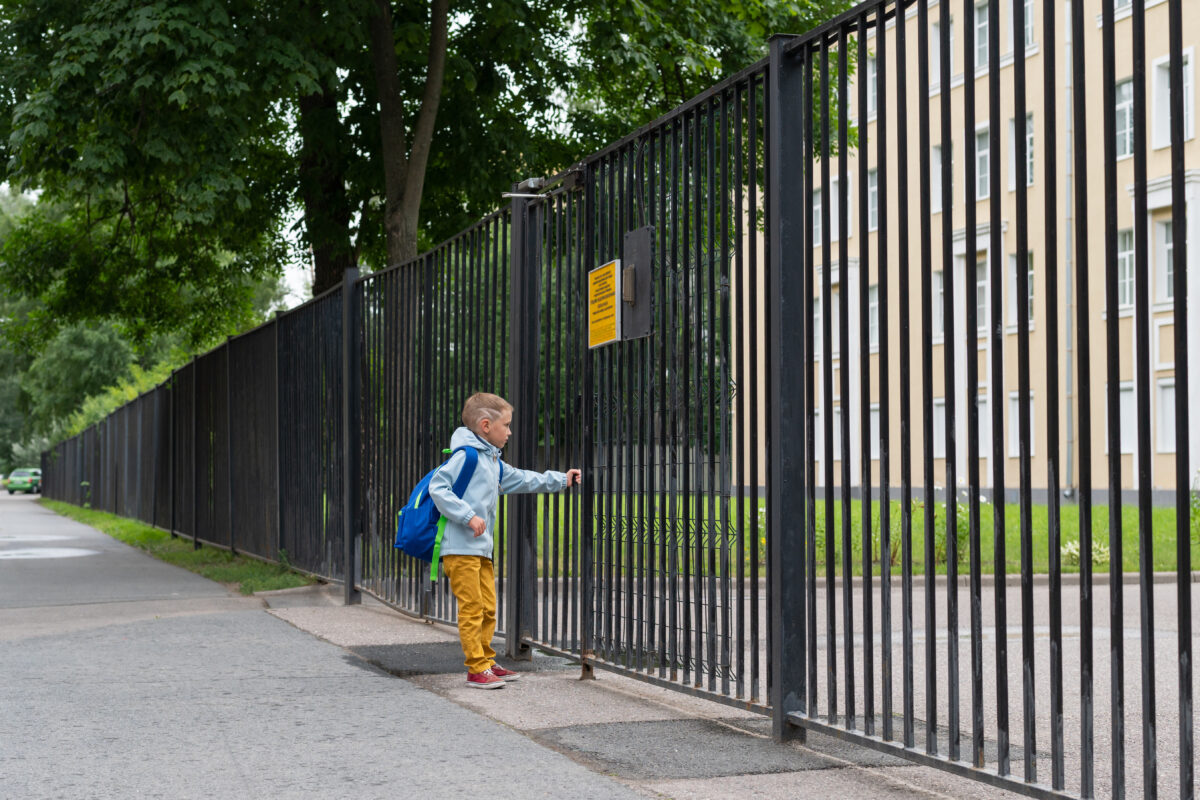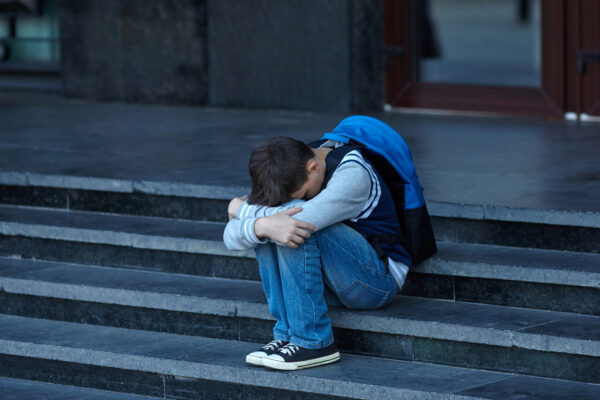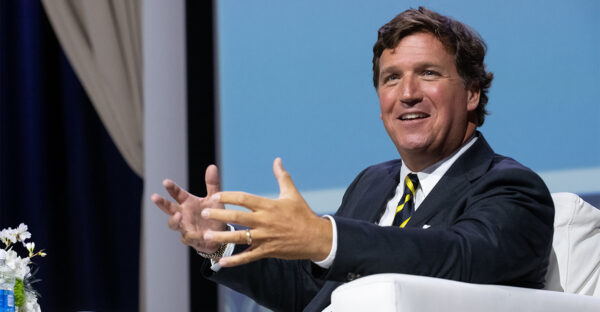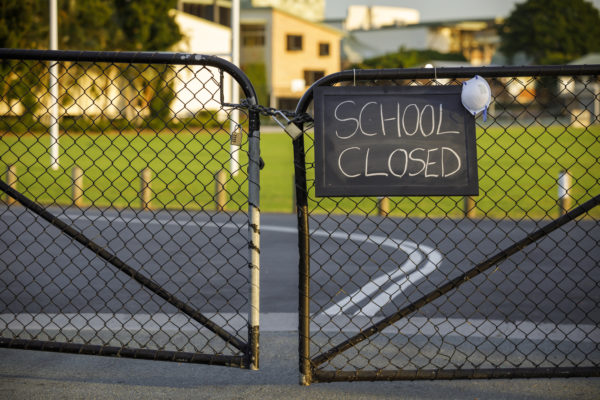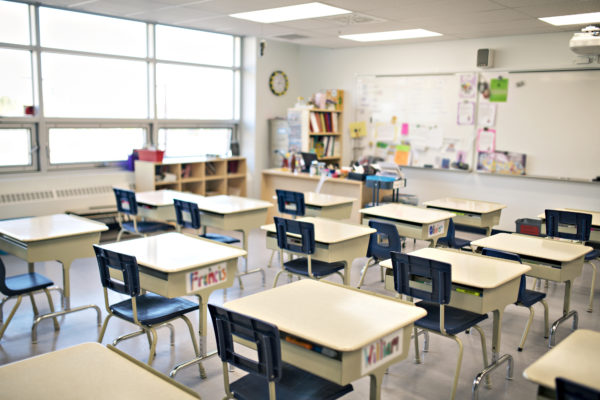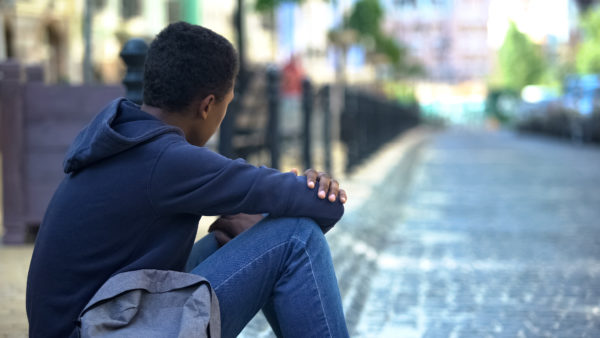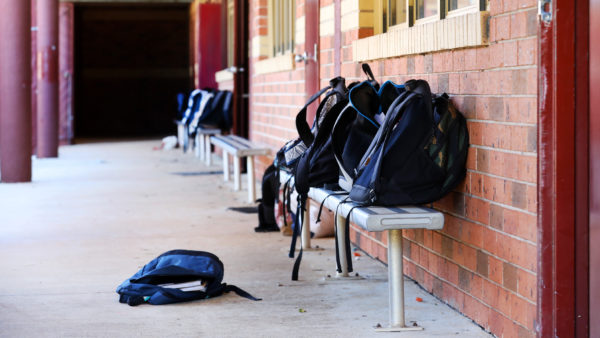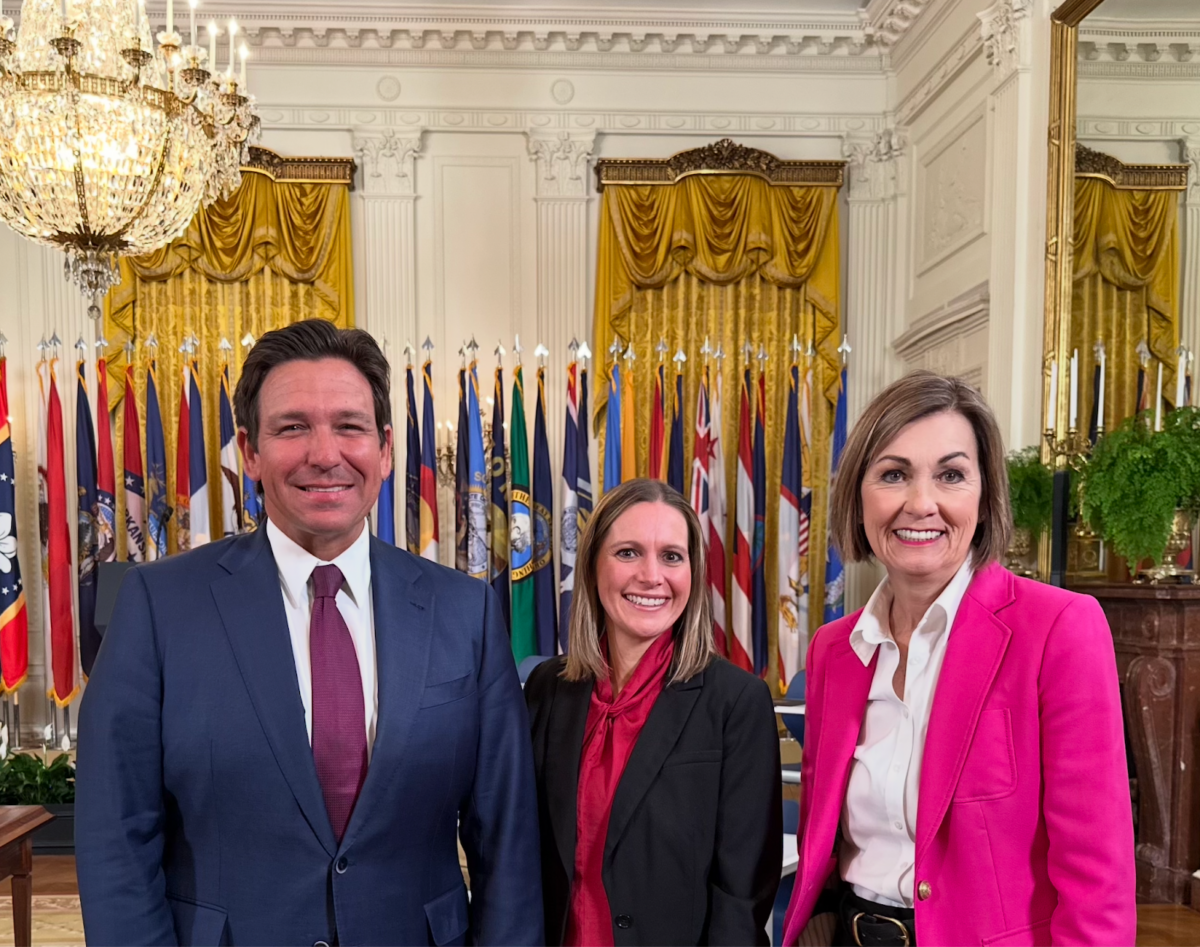
Attending an Executive Order Signing at the White House
On March 20, I was at the White House as President Trump unveiled and signed into law the “Improving Education Outcomes by Empowering Parents, States, and Communities” executive order. It was an incredible honor to receive this special invitation to the White House and recognition as an education freedom champion in our country from the President of the United States. While at the White House, I had the pleasure of speaking with Governors Ron DeSantis, Greg Abbott, Kim Reynolds, Bill Lee, Jeff Landry, Mike Braun, Mike DeWine, Brad Little, and Jim Pillen, among many others. It was a great day for the nation, taking an essential step in the right direction to effectively educate children, who are the future of Read More ›

